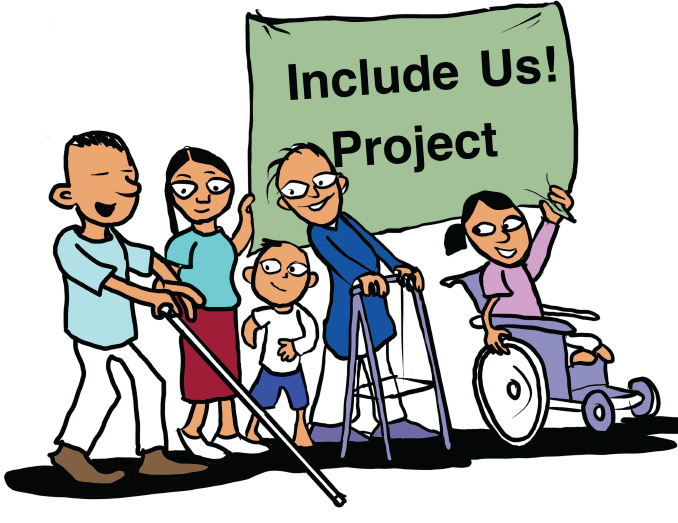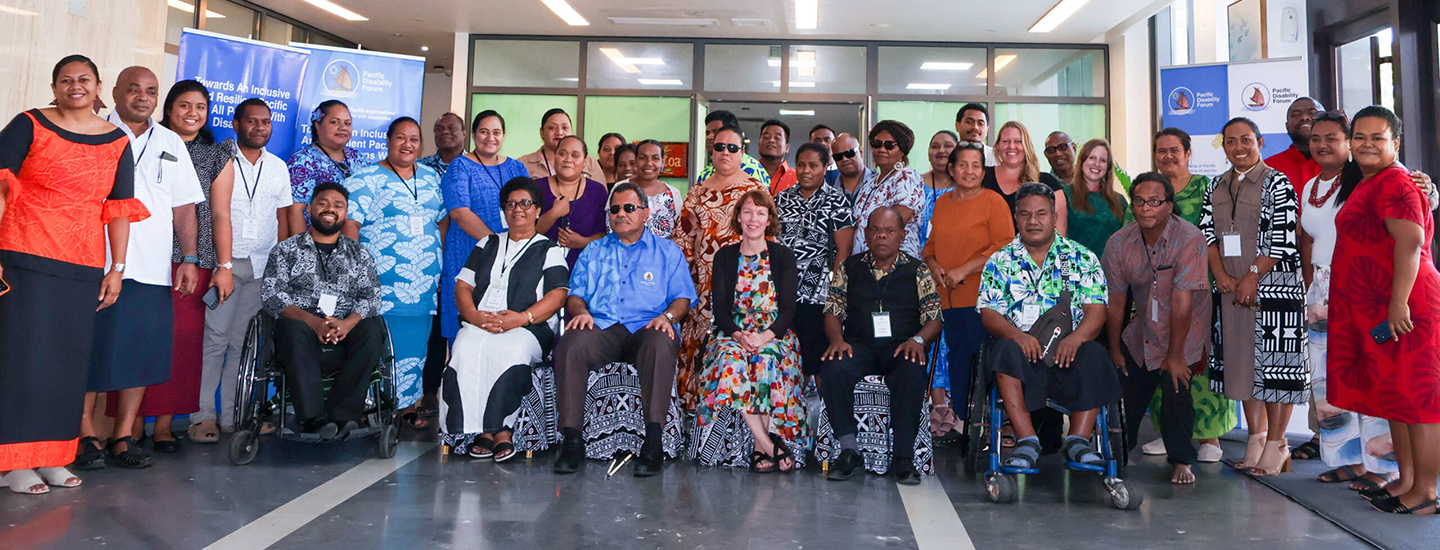Stories of Hope: Kazol
Stories | February 9, 2022
In her travels to other countries over the past decade, Bangladeshi woman Kazol has come to realise the lack of disability access in her home nation in comparison with other parts of the world.
“Here, hospitals, schools and government offices are not accessible. Even transport in European countries is accessible, but there is no accessible transport in Bangladesh. Even the market and other community areas are not accessible.”
Kazol, who was paralysed in 2003 following an accident, is determined to ensure better outcomes for people with disabilities in Bangladesh.
That includes working towards the creation of more resilient communities by empowering and supporting people with disabilities to play active roles in disaster planning and response.
Kazol leads a self-help group, is a member of a Disaster Committee and is also a respected community leader who advocates for disability rights to government.
Bangladesh regularly experiences disaster events such as floods, cyclones, tsunamis, earthquakes and droughts. Kazol says that with education, training and work on the ground, people with disabilities in her community have been empowered to learn more about inclusive disaster responses.
“In the past, people didn’t care about disasters. They had a fatalistic view. Now there is an early warning system and different kinds of activities to reduce our disaster risk. We show flags to indicate the level of flooding, with different colours for different danger levels.
“We have raised two school grounds, and there are now safe shelter spaces for cows and animals. Also increased accessibility and ramps.
“We have used street theatre, flash cards and interactive methodologies to promote interaction on disasters. There is also a visible change – now, before disasters, people prepare dry food, candles, clothes, medication, water-purifying tablets and a list of emergency phone numbers, which is given to the women in the family.”
An additional positive by-product of this work has been broader community attitudinal change towards people with disabilities.
“Before we started, there was a belief that people with disability can’t do anything. Now they see that people with disability are engaged with different activities, and this changes attitudes. People see us bringing change for everyone. We are respected and we are known.”
A change in attitudes improves livelihoods for people with disabilities and ultimately assists people to reach their potential.
“If I have income, I can raise the ground of my house. I can improve my house with stronger, better materials. With money I can also raise and concrete my water pump and tube well, and improve the safety of drinking water,” says Kazol.
“Most people with disability do not have earning opportunities and need income. All disaster risk reduction is linked in some way to income.
“I encourage people with disability to join a self-help group. To start one you need to find people, then encourage them and their families to join together. If you can go to training, do it. Learning what you are entitled to gives you information and the chance to make changes. Join together and have strength, help each other, get a voice together and learn not to stay quiet.”
Read more stories and reflections in our Prepared to Hope series.
CBM acknowledges the support of the Australian Government through the Australian NGO Cooperation Program (ANCP).
https://www.cbm.org.au/stories/stories-of-hope-kazol
Related Stories

Vision for all: Why access to eye health is a precondition for inclusion
For millions of people in India, particularly those living...

Easy Read your way through our evaluation report
At CBM Australia, we recognise that accessibility is not optional – it is a...

Growing Stronger Together: Supporting OPDs across the Pacific
CBM Australia is proud to partner with Pacific Disability Forum on the Growing Stronger...
